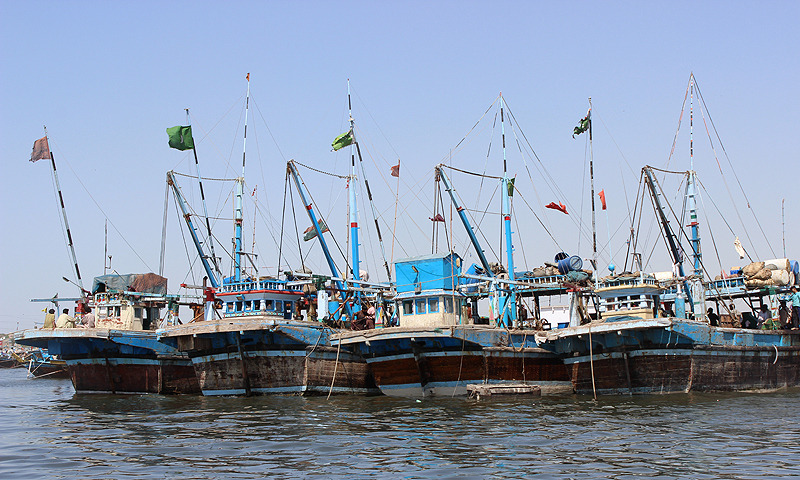Pakistan’s fishing industry is making waves in global markets. A recent report by the U.S. National Marine Fisheries Service (NMFS) confirmed that Pakistan’s export fisheries now meet U.S. sustainability standards.
This recognition strengthens Pakistan’s position in the competitive global seafood trade and opens new opportunities for economic growth.
Compliance Opens Global Markets
The NMFS Comparability Finding Application Final Report highlights Pakistan’s efforts to modernize and regulate its fishing operations. By aligning with the Marine Mammal Protection Act (MMPA), Pakistan has secured access to high-demand markets, including the United States, Europe, and East Asia.
Officials note that these reforms have helped protect the country’s multi-billion-dollar seafood export industry while enhancing its reputation for responsible fishing.
Key Reforms Driving Progress
Pakistan’s commitment to sustainable fishing includes several landmark reforms:
• A nationwide ban on the intentional killing of marine mammals since January 2025.
• A robust licensing system that monitors every commercial fishing vessel.
• A comprehensive bycatch monitoring program, with 50% observer coverage for active fishing operations.
• Industry-led adoption of subsurface gillnet fishing, reducing dolphin entanglements in tuna fisheries since 2014.
These initiatives ensure compliance with international regulations and attract foreign buyers seeking sustainably sourced seafood.
Economic Gains from Sustainability
The fishing sector employs over 400,000 workers and contributes significantly to Pakistan’s export revenue. Industry experts believe sustainable practices will drive further growth by increasing consumer confidence in Pakistani seafood products.
“Sustainability is not just about the environment; it drives trade and economic development,” said an official from the Marine Fisheries Department. “We aim to make our fisheries globally competitive and eco-friendly.”
Future Growth Strategies
Despite progress, challenges remain. Pakistan’s bycatch data is still limited, and experts stress the need for expanded data collection.
The government plans to promote gear conversion programs, helping fishermen shift from gillnets to handline methods that reduce ecological impact and appeal to environmentally conscious buyers.
Marine training programs, technology adoption, and deeper collaboration with international partners are also in the pipeline to maintain momentum.
Positioning for Regional Leadership
As a member of the Indian Ocean Tuna Commission (IOTC), Pakistan continues to align with global sustainability standards. Seasonal closures, crew training initiatives, and regulated gear placement are now common industry practices.
Analysts predict that with consistent reforms, Pakistan could become a regional leader in sustainable fisheries, strengthening both its trade position and environmental stewardship.


Comments are closed.